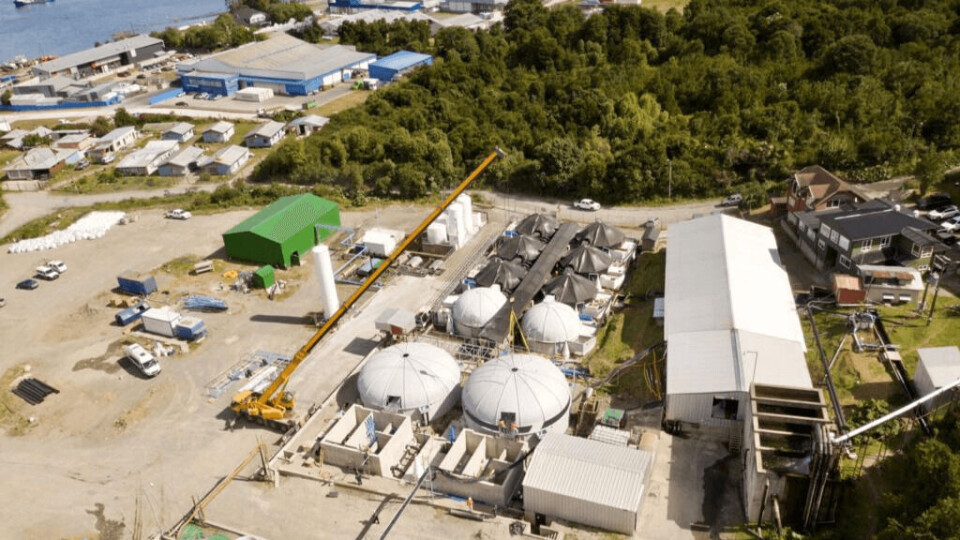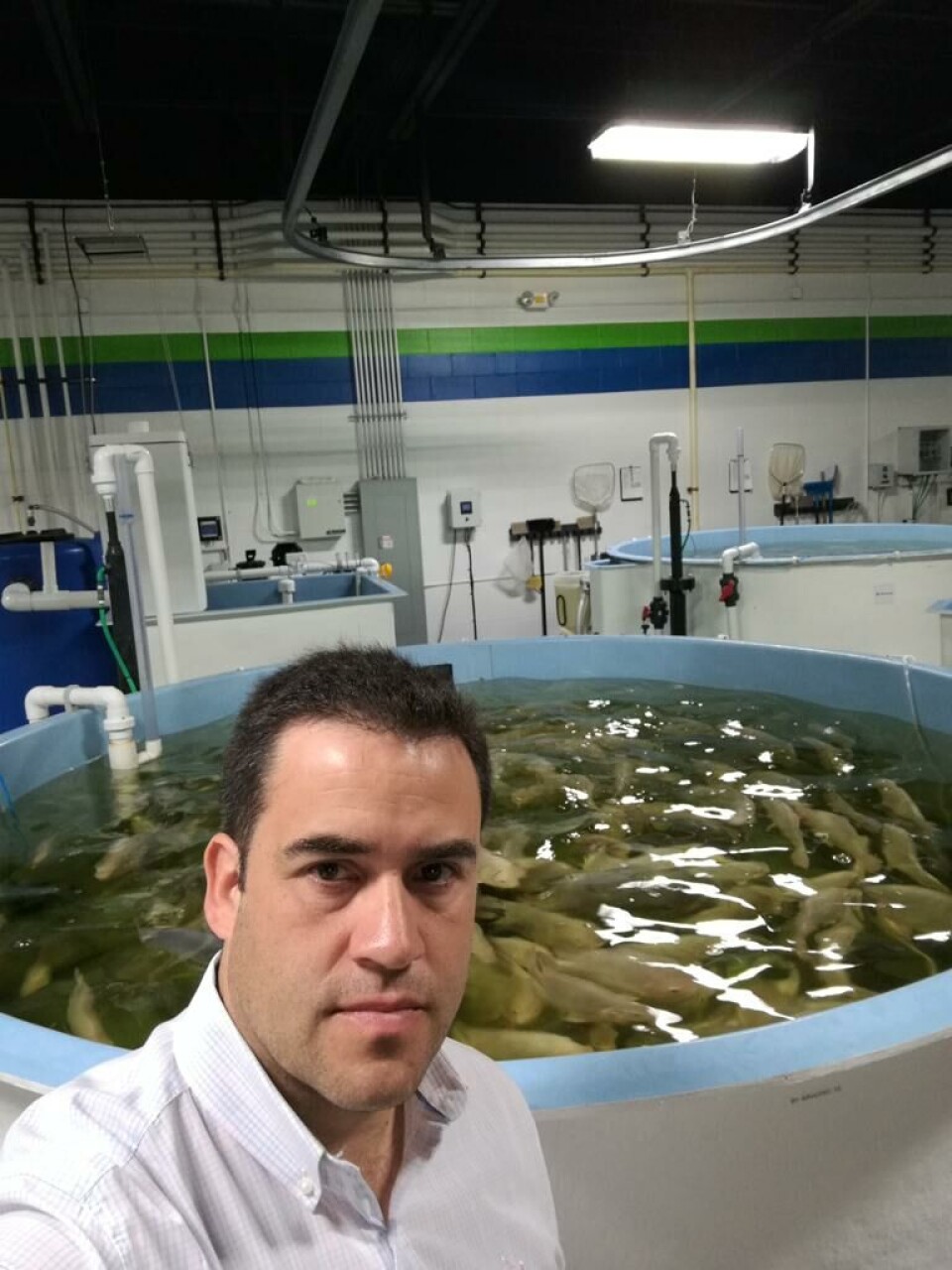
Seeds sown for Chile’s first large aquaponics operation
A Chilean on-land salmon farm is to use its wastewater to grow vegetables in what will be the country’s first commercial-sized aquaponics project.
The initiative will be carried out following an agreement between fish farmer Lago Sofía (Lake Sofia), the Pontifical Catholic University of Chile and water treatment specialist Pentair, using wastewater from a recirculating aquaculture system (RAS) facility located in Chinquihue, 12 kilometres from Chile’s salmon farming centre, Puerto Montt.
Until now initiatives of this type in Chile have been at the community and / or research level.
The venture is called Lago Sofia Circular Food.

Intensive production
In an interview with Fish Farming Expert’s sister site, Salmonexpert, Miguel Portus, Lago Sofia’s manager of strategic growth and a former executive of salmon farmer Los Fiordos and feed company EWOS, said that aquaponics “is an alternative that we were looking for to participate in the Circular Economy programs that are being promoted in Chile, using the water resource in our recirculation fish farm better”.
In this way, Portus said, an intensive production of vegetables will be generated by taking advantage of the nutrients and energy of the water, in order to scale commercially with a premium product that will reach the national and foreign market and benefit the adjacent community, “in a nice mix of aquaculture and agriculture”.
Quicker-growing vegetables
“We will start with the respective prototype now, and by the end of 2019, we should see the first results.”
The Pontifical Catholic University of Chile is the scientific partner, in charge of seeing the best forms of commercial scaling, and Pentair is the technological ally for the expansion of the initiative, under controlled greenhouse conditions.
Portus emphasised that with this type of aquaponic project, the growing time of vegetables is reduced by 50%, re-using the water that is not re-used in the RAS by transforming it sustainably into agricultural production which decreases the use of energy and the carbon footprint, hopefully neutralising the latter.
For commercial reasons, Lago Sofia has not disclosed how many fish it grows or how many vegetables it intends to produce.






















































